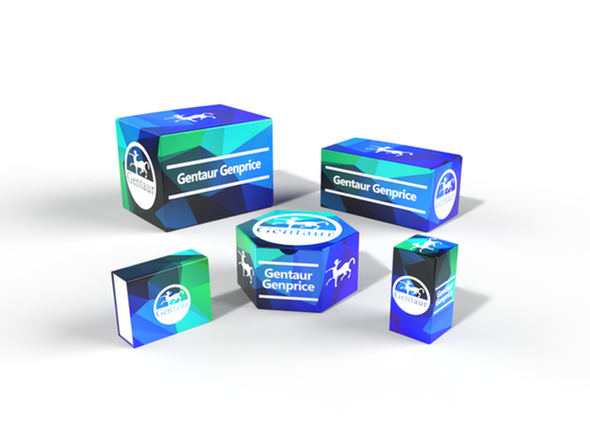BW
TUBA1A monoclonal Antibody | MB65528
- SKU:
- BW-MB65528
- Availability:
- Usually ships in 5 working days
Description
TUBA1A monoclonal Antibody | MB65528 | Gentaur UK, US & Europe Distribution
Host: Mouse
Reactivity: Human, Monkey, Mouse, Rat, Dog
Application: IHC, WB
Application Range: WB 1:400~4000, IHC 1:150
Background: Microtubules of the eukaryotic cytoskeleton perform essential and diverse functions and are composed of a heterodimer of alpha and beta tubulins. The genes encoding these microtubule constituents belong to the tubulin superfamily, which is composed of six distinct families. Genes from the alpha, beta and gamma tubulin families are found in all eukaryotes. The alpha and beta tubulins represent the major components of microtubules, while gamma tubulin plays a critical role in the nucleation of microtubule assembly. There are multiple alpha and beta tubulin genes, which are highly conserved among species. This gene encodes alpha tubulin and is highly similar to the mouse and rat Tuba1 genes. Northern blotting studies have shown that the gene expression is predominantly found in morphologically differentiated neurologic cells. This gene is one of three alpha-tubulin genes in a cluster on chromosome 12q. Mutations in this gene cause lissencephaly type 3 (LIS3) - a neurological condition characterized by microcephaly, mental retardation, and early-onset epilepsy and caused by defective neuronal migration. Alternative splicing results in multiple transcript variants encoding distinct isoforms. [provided by RefSeq, Jul 2012]
Storage & Stability: PBS (PH 7.3) containing 1% BSA, 50% glycerol and 0.02% sodium azide.
Specificity: tubulin alpha 1a
Molecular Weight: 50 kDa (Predicted)
Note: For research use only, not for use in diagnostic procedure.
Alternative Names: B-ALPHA-1; LIS3; TUBA3
Immunogen: Full length human recombinant protein of human TUBA1A (NP_006000) produced in HEK293T cell
Conjugate: Unconjugated
Modification: Unmodification
Purification & Purity: Purified from mouse ascites fluids or tissue culture supernatant by affinity chromatography (protein A/G)
Pathway: N/A






